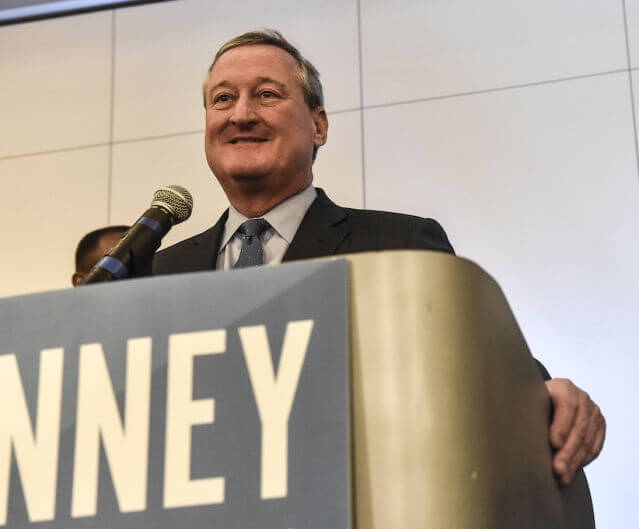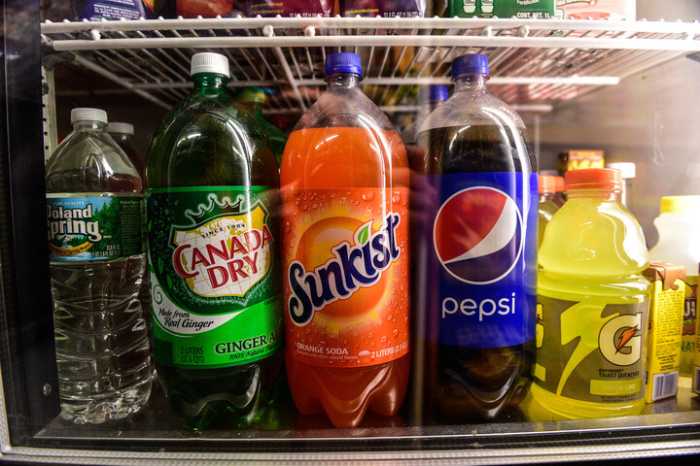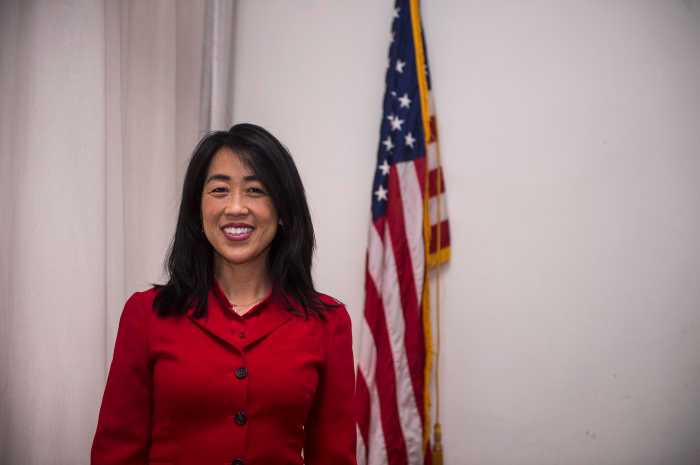Mayor Kenney just got a significant boost in his ongoing push for universal pre-K in Philadelphia.
The William Penn Foundation announced Tuesday that it will provide a $15 million grant through the Fund for Quality to help expand free pre-kindergarten early education services to low-income Philly families. “This investment helps providers enhance facilities, enroll more students, and grow businesses,” Kenney said in a statement. “My administration is committed to increasing quality pre-K opportunities, but we certainly cannot do it alone. Business and philanthropic participation is critical to the success of this effort.” RELATED:New pre-K website wants your input
The announcement took place atRising Stars APM Preschool Center in Kensington, an early childhood education center that has received support from the Fund for Quality, which was founded in 2014 to expand high-quality early education. Just 10 weeks into his first term as mayor, Kenney has made universal pre-K a central focus of his administration. He is pushing to pass a new tax on sugary drinks to help fund universal pre-K, and has set up a website for parents and pre-K providers to get involved with the city’s efforts. Kenney set a goal of raising $256 million with a mix of state and federal funding to give an additional 25,000 kids pre-K education over the next five years during his first budget speech last week. Right now Kenney is working to create 6,500 new, locally-funded and quality places at pre-K programs. He’s also received support from the private business community. Comcast senior executive VP David Cohen, former chief of staff to mayor Ed Rendell, wrote an op-ed last week urging the local business community to step up to help provide funding. “Pre-K is not an option — it’s a critical equalizer,” Cohen wrote in his Feb. 29 op-ed. “Neuroscientists attest that 80 to 90 percent of a child’s brain is developed in the first five years of life. Early education can enable our most vulnerable children to break the cycle of poverty by capitalizing on the tremendous learning potential of 3- and 4-year-olds during this critical time in their development.”
Kenney gets $15M grant for universal pre-K plan

Charles Mostoller





























